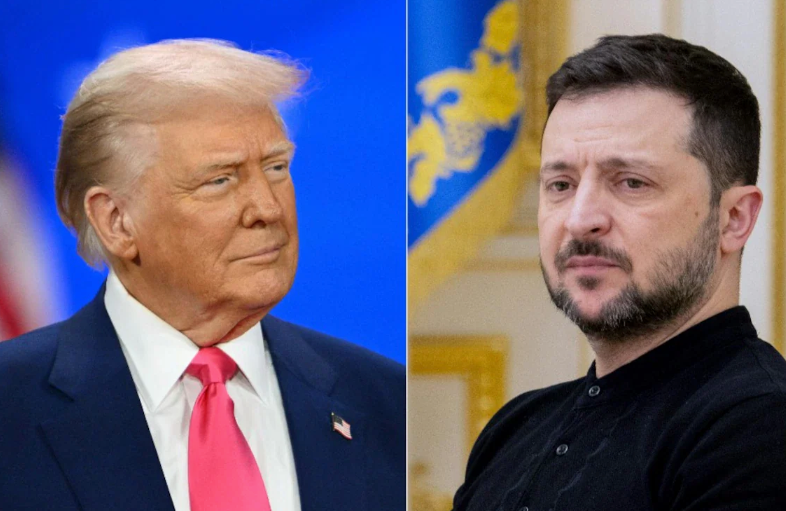As Pavel Durov Faces Legal Troubles, Telegram’s Role in Illegal Activity Sparks Debate
Telegram, once lauded for its privacy features, is now under intense scrutiny as it faces allegations of being a hotspot for illegal activities. The arrest of Telegram’s billionaire founder, Pavel Durov, in France has ignited a heated debate about the platform’s role in facilitating criminal behavior.
Just nine months ago, while researching a story, I found myself added to numerous Telegram channels focused on illicit activities. These included groups dedicated to drug trafficking, hacking, and even stolen credit cards. My experiment revealed a startling ease with which users can be added to such channels, leading to a flood of messages from active illegal groups.
Durov’s arrest has brought renewed attention to Telegram’s moderation policies. The charges against him include complicity in drug trafficking, fraud, and the spread of child sexual abuse material. This legal action has highlighted a broader concern: the platform’s role in fostering illegal activity.
Telegram’s response to these allegations has been controversial. The company claims it adheres to industry standards for moderation and actively removes illegal content. However, recent findings suggest that the platform’s efforts might fall short. For instance, Telegram is accused of not participating in proactive measures to combat child sexual abuse material (CSAM), despite claims of removing thousands of groups.
Cyber-security experts and digital rights advocates are voicing concerns. Patrick Gray, a cyber-security podcaster, has called Telegram “the dark web in your pocket,” pointing to its significant role in criminal activity. Researchers from Intel471 also note that Telegram has become a go-to platform for lower-level cyber-criminals who previously relied on hidden dark web services.

The issues extend beyond child exploitation. Telegram has been a favored platform for various criminal groups, including those involved in ransomware attacks and creating deepfake content. The hacker group Qilin, which recently targeted NHS hospitals, chose to publish stolen data on Telegram before its dark web site.
Despite these issues, some argue that Durov’s arrest could lead to overreach and censorship, potentially stifling free expression. Digital rights organization Access Now warns that aggressive legal actions against platforms could undermine freedom of speech and reduce civic space.
Critics also point out that Telegram’s moderation policies are inconsistent. While the app does offer privacy features like “Secret Chats,” which use end-to-end encryption, most of the illicit activity on Telegram occurs in regular chats and groups that are not as secure. This discrepancy raises questions about the platform’s commitment to combating illegal content while preserving user privacy.
As Telegram navigates these legal and ethical challenges, the broader implications for digital freedom and security remain uncertain. The debate over Telegram’s role in criminal activity is likely to continue as the platform adjusts its policies and faces increasing scrutiny from law enforcement and civil liberties advocates.

































